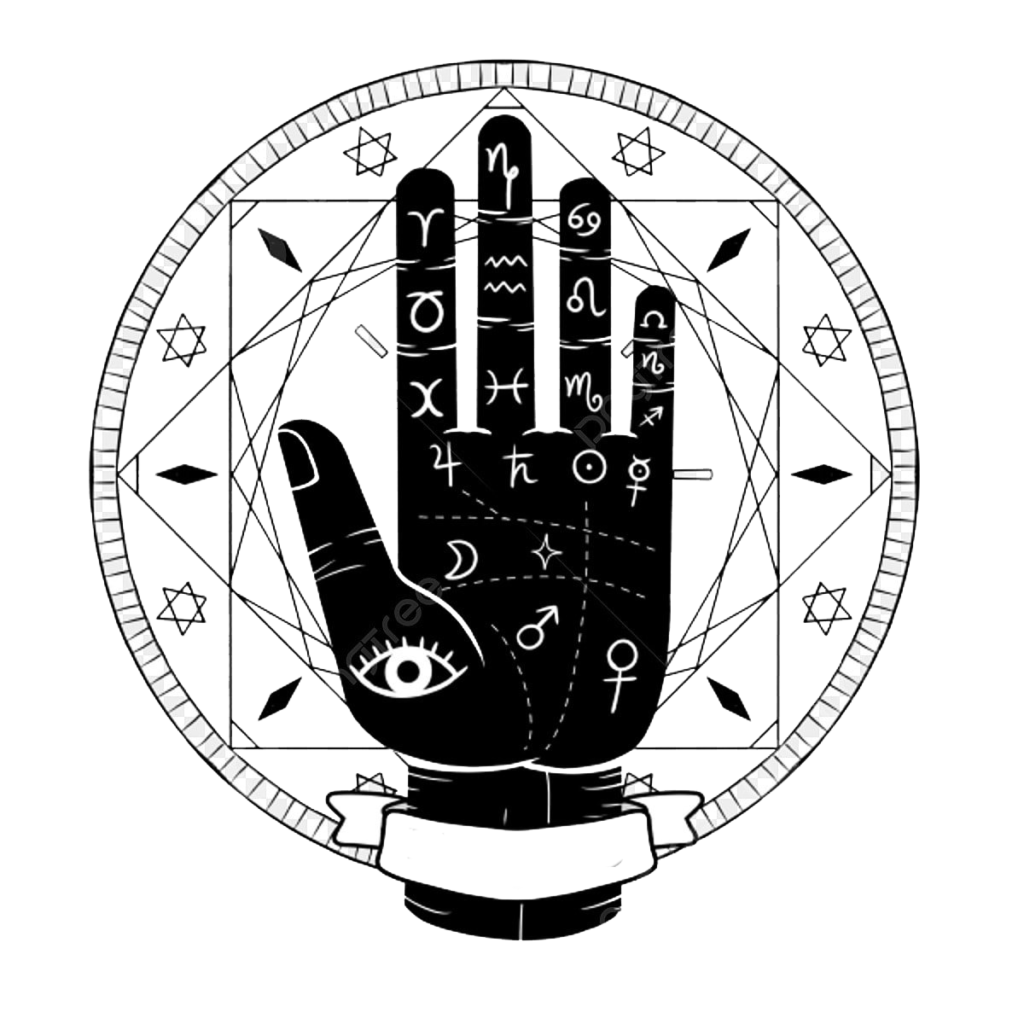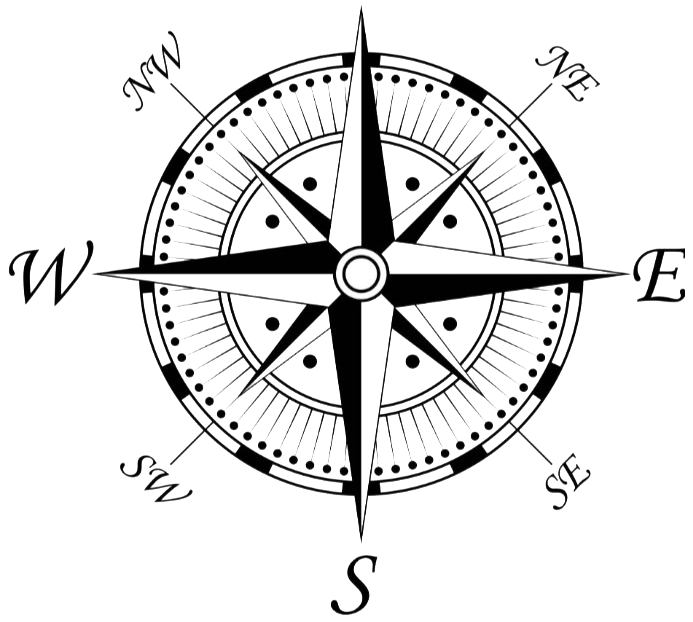

Vastu is an ancient Indian architectural science that focuses on creating harmonious living and working environments by leveraging natural elements and energy fields. It integrates the principles of nature to enhance well-being, prosperity, and happiness. By applying scientific methods to the benefits provided by nature, Vastu aims to improve wealth, health, and overall satisfaction.
Vastu Shastra blends scientific knowledge, artistic design, astronomy, and astrology into a comprehensive framework for building and design. It can be considered a mystical science, offering guidance on creating spaces that are both functional and spiritually enriching. Vastu specialists apply these principles to enhance our lives and prevent potential problems.
At its core, Vastu is a directional science that aligns the five elements of nature—Earth, Water, Air, Fire, and Space—with human activities and materials. This ancient science of architecture creates favorable environments for living and working by harmonizing these elements, thereby fostering better health, wealth, and happiness.
Our ancient sages understood the intricate interactions of the universe’s five elements and their effects—such as Earth’s magnetic fields, the gravitational pull, celestial influences, wind patterns, sunlight, and rainfall. These elements play crucial roles in designing buildings for various purposes, including residential, religious, educational, and industrial use. Vastu specialists have developed and refined scientific methods over the years into what is now known as Vastu Shastra. While ancient sages discovered these principles, modern researchers continue to explore and apply them.
In architecture, humans are both the creators and recipients of design. We interpret and experience architectural spaces based on our interactions with our environment. Vastu specialists use design principles to manipulate natural elements, creating spaces that enhance human experience. The universe is composed of five fundamental elements—known as Panchbhootas: Earth, Water, Air, Fire, and Space. These elements are crucial for sustaining life on our planet.
Earth and Water are essential but limited resources for human habitation and growth. In contrast, Sun, Air, and Space are abundant and can be adapted to human needs through thoughtful design. To effectively incorporate these elements into architecture, it is essential to understand each element’s unique characteristics, roles, and functions.
By considering each of these elements individually, we can appreciate their impact and application in creating well-designed spaces that harmonize with their natural surroundings. Vastu Shastra, therefore, provides a framework for optimizing the use of natural elements to enhance living and working environments, ensuring they contribute positively to our health, prosperity, and overall happiness.
Vastu Shastra examines the interaction of various natural forces involving the five fundamental elements—Earth, Water, Air, Fire, and Space. It aims to maintain harmony among these elements, which profoundly affect not only human lives but all living beings on Earth. These elements shape our actions, luck, behavior, and fundamental aspects of life.
Vastu Shastra provides a deep understanding of how our surroundings influence our lives. The term “Vastu” refers to a dwelling place or house, and its principles are designed to create balance among the core elements—Earth, Sky, Fire, Water, and Air—in our environment.
Vastu Shastra integrates science, art, astronomy, and astrology, making it an ancient and mystical science for design and construction. It guides us in enhancing our lives and protecting us from potential misfortunes.
This ancient architectural science encompasses the philosophy and principles required to build structures and shape living spaces. It relies on various natural energies freely available in our atmosphere, including:
Utilizing these energies properly can bring pleasure, peace, prosperity, and wealth into our lives. Today, we have modern building codes that provide guidelines for construction. However, our ancestors adhered to Vastu Shastra as a sacred and rigorous set of principles. According to Vastu, the Vastu Purusha is the deity of building science, and honoring this tradition can lead to better living conditions.
Vastu is both rational and scientific, grounded in the unchanging nature of directions. It creates a harmonious connection between people, materials, and nature. Moreover, it is practical and straightforward to apply. Following Vastu guidelines can contribute to a healthy and happy life.
Vastu can be applied to various scales—from individual rooms and houses to temples, shops, industries, town planning, and even entire cities. It is relevant at both micro and macro levels.
The influence of the Sun is particularly significant, as it governs the cycle of day and night, impacting every living creature on Earth. The Sun provides ultraviolet rays in the morning and infrared rays in the evening, essential for regulating biochemical processes, and balancing nitrogen, oxygen, and carbon dioxide levels on Earth.
The Sun represents light, willpower, generosity, the solar system, and luck. It also influences physical aspects such as bones, eyes, the heart, spinal cord, blood circulation, and the soul. Therefore, the east direction is considered auspicious as it is associated with Lord Indra. Similarly, the north is also considered favorable due to the magnetic lines that flow from north to south, which are fundamental to life.
Three primary forces—Wind, Water, and Fire (Vayu, Jal, and Agni)—must be harmonized to maintain equilibrium. Proper placement of these forces is essential to prevent disharmony. If, for instance, water is placed where fire should be or wind replaces water, the resulting imbalance can lead to disturbances and unrest. Ensuring that these elements are correctly positioned helps create a peaceful and harmonious environment.
The credibility of Vastu Shastra, an ancient science of architecture, is reinforced by its presence in historical texts like the Ramayana and Mahabharata, and its application in ancient cities such as Mohenjo-Daro and Harappa. This science dates back to the times of Lord Rama and Lord Krishna and is linked to various mythological stories, including those about Vastu Purusha, the deity of Vastu.
Geographical factors significantly impact the prosperity and development of regions according to Vastu principles. For example, Japan benefits from favorable Vastu conditions with deep water bodies to the north and east, allowing it to harness sunlight effectively, contributing to its prosperity. Conversely, Japan’s southeastern and southern regions, associated with Fire, are prone to natural disasters.
In Africa, the northeast and northwest regions are irregular, and the southeast and south have abundant water, which are considered inauspicious in Vastu. This may explain some of the continent’s challenges. However, the Mediterranean Sea in the north and the Nile River in the east have supported development in Egypt.
In India, the Himalayas in the north and northeast are seen as unfavorable, and abundant water in the southwest and southeast has historically made the country vulnerable to invasions. However, India’s eastward slope is considered auspicious, contributing positively to its development.
Vastu is an ancient Indian architectural science that focuses on creating harmonious living and working environments by leveraging natural elements and energy fields. It integrates the principles of nature to enhance well-being, prosperity, and happiness. By applying scientific methods to the benefits provided by nature, Vastu aims to improve wealth, health, and overall satisfaction.
Vastu Shastra blends scientific knowledge, artistic design, astronomy, and astrology into a comprehensive framework for building and design. It can be considered a mystical science, offering guidance on creating spaces that are both functional and spiritually enriching. Vastu specialists apply these principles to enhance our lives and prevent potential problems.
At its core, Vastu is a directional science that aligns the five elements of nature—Earth, Water, Air, Fire, and Space—with human activities and materials. This ancient science of architecture creates favorable environments for living and working by harmonizing these elements, thereby fostering better health, wealth, and happiness.
Our ancient sages understood the intricate interactions of the universe’s five elements and their effects—such as Earth’s magnetic fields, the gravitational pull, celestial influences, wind patterns, sunlight, and rainfall. These elements play crucial roles in designing buildings for various purposes, including residential, religious, educational, and industrial use. Vastu specialists have developed and refined scientific methods over the years into what is now known as Vastu Shastra. While ancient sages discovered these principles, modern researchers continue to explore and apply them.
In architecture, humans are both the creators and recipients of design. We interpret and experience architectural spaces based on our interactions with our environment. Vastu specialists use design principles to manipulate natural elements, creating spaces that enhance human experience. The universe is composed of five fundamental elements—known as Panchbhootas: Earth, Water, Air, Fire, and Space. These elements are crucial for sustaining life on our planet.
Earth and Water are essential but limited resources for human habitation and growth. In contrast, Sun, Air, and Space are abundant and can be adapted to human needs through thoughtful design. To effectively incorporate these elements into architecture, it is essential to understand each element’s unique characteristics, roles, and functions.
By considering each of these elements individually, we can appreciate their impact and application in creating well-designed spaces that harmonize with their natural surroundings. Vastu Shastra, therefore, provides a framework for optimizing the use of natural elements to enhance living and working environments, ensuring they contribute positively to our health, prosperity, and overall happiness.
Vastu Shastra examines the interaction of various natural forces involving the five fundamental elements—Earth, Water, Air, Fire, and Space. It aims to maintain harmony among these elements, which profoundly affect not only human lives but all living beings on Earth. These elements shape our actions, luck, behavior, and fundamental aspects of life.
Vastu Shastra provides a deep understanding of how our surroundings influence our lives. The term “Vastu” refers to a dwelling place or house, and its principles are designed to create balance among the core elements—Earth, Sky, Fire, Water, and Air—in our environment.
Vastu Shastra integrates science, art, astronomy, and astrology, making it an ancient and mystical science for design and construction. It guides us in enhancing our lives and protecting us from potential misfortunes.
This ancient architectural science encompasses the philosophy and principles required to build structures and shape living spaces. It relies on various natural energies freely available in our atmosphere, including:
Utilizing these energies properly can bring pleasure, peace, prosperity, and wealth into our lives. Today, we have modern building codes that provide guidelines for construction. However, our ancestors adhered to Vastu Shastra as a sacred and rigorous set of principles. According to Vastu, the Vastu Purusha is the deity of building science, and honoring this tradition can lead to better living conditions.
Vastu is both rational and scientific, grounded in the unchanging nature of directions. It creates a harmonious connection between people, materials, and nature. Moreover, it is practical and straightforward to apply. Following Vastu guidelines can contribute to a healthy and happy life.
Vastu can be applied to various scales—from individual rooms and houses to temples, shops, industries, town planning, and even entire cities. It is relevant at both micro and macro levels.
The influence of the Sun is particularly significant, as it governs the cycle of day and night, impacting every living creature on Earth. The Sun provides ultraviolet rays in the morning and infrared rays in the evening, essential for regulating biochemical processes, and balancing nitrogen, oxygen, and carbon dioxide levels on Earth.
The Sun represents light, willpower, generosity, the solar system, and luck. It also influences physical aspects such as bones, eyes, the heart, spinal cord, blood circulation, and the soul. Therefore, the east direction is considered auspicious as it is associated with Lord Indra. Similarly, the north is also considered favorable due to the magnetic lines that flow from north to south, which are fundamental to life.
Three primary forces—Wind, Water, and Fire (Vayu, Jal, and Agni)—must be harmonized to maintain equilibrium. Proper placement of these forces is essential to prevent disharmony. If, for instance, water is placed where fire should be or wind replaces water, the resulting imbalance can lead to disturbances and unrest. Ensuring that these elements are correctly positioned helps create a peaceful and harmonious environment.
The credibility of Vastu Shastra, an ancient science of architecture, is reinforced by its presence in historical texts like the Ramayana and Mahabharata, and its application in ancient cities such as Mohenjo-Daro and Harappa. This science dates back to the times of Lord Rama and Lord Krishna and is linked to various mythological stories, including those about Vastu Purusha, the deity of Vastu.
Geographical factors significantly impact the prosperity and development of regions according to Vastu principles. For example, Japan benefits from favorable Vastu conditions with deep water bodies to the north and east, allowing it to harness sunlight effectively, contributing to its prosperity. Conversely, Japan’s southeastern and southern regions, associated with Fire, are prone to natural disasters.
In Africa, the northeast and northwest regions are irregular, and the southeast and south have abundant water, which are considered inauspicious in Vastu. This may explain some of the continent’s challenges. However, the Mediterranean Sea in the north and the Nile River in the east have supported development in Egypt.
In India, the Himalayas in the north and northeast are seen as unfavorable, and abundant water in the southwest and southeast has historically made the country vulnerable to invasions. However, India’s eastward slope is considered auspicious, contributing positively to its development.


Astrologer Hemang Sastri is a renowned figure, celebrated not just in his native Guwahati but across India. He is a prominent Vastu Consultant with deep roots in ancient Indian culture and knowledge. His expertise in Vastu Shastra is inherited from his forefathers, who were also esteemed for their wisdom in the field. This rich legacy has imbued Astrologer Hemang Sastri with an intrinsic understanding of Vastu science.
Known for providing insightful Vastu recommendations and remedies, Astrologer Hemang Sastri combines rigorous analytical study with traditional practices to help clients experience cosmic harmony and celestial benefits in their lives. His proficiency in Vastu Shastra has earned him recognition as a leading consultant in Guwahati.
Astrologer Hemang Sastri frequently participates in seminars and events organized by various institutions, where he shares his extensive knowledge on Vastu science and effective remedial solutions. His reputation extends beyond Guwahati, as he is a sought-after consultant throughout India. Developers, builders, and individual clients often seek his guidance from the earliest stages of planning to ensure that their projects align with Vastu principles.
His contributions to Vastu consulting are well-regarded, and his expertise is instrumental for those looking to integrate Vastu science into their personal or professional spaces.
Astrologer Hemang Sastri is a renowned figure, celebrated not just in his native Guwahati but across India. He is a prominent Vastu Consultant with deep roots in ancient Indian culture and knowledge. His expertise in Vastu Shastra is inherited from his forefathers, who were also esteemed for their wisdom in the field. This rich legacy has imbued Astrologer Hemang Sastri with an intrinsic understanding of Vastu science.
Known for providing insightful Vastu recommendations and remedies, Astrologer Hemang Sastri combines rigorous analytical study with traditional practices to help clients experience cosmic harmony and celestial benefits in their lives. His proficiency in Vastu Shastra has earned him recognition as a leading consultant in Guwahati.
Astrologer Hemang Sastri frequently participates in seminars and events organized by various institutions, where he shares his extensive knowledge on Vastu science and effective remedial solutions. His reputation extends beyond Guwahati, as he is a sought-after consultant throughout India. Developers, builders, and individual clients often seek his guidance from the earliest stages of planning to ensure that their projects align with Vastu principles.
His contributions to Vastu consulting are well-regarded, and his expertise is instrumental for those looking to integrate Vastu science into their personal or professional spaces.

Offer insights into personality, relationships, and future events based on celestial positions and planetary influences

Interprets the significance of numbers in your life, revealing insights into personal traits, life path, and destiny

Interprets the lines, shapes, and mounts of the hands to reveal insights into personality, potential, and future events

Involves performing ritual fire ceremonies and prayers from Vedic scriptures to seek divine blessings and spiritual purification

Offer guidance on aligning spaces with natural energy principles to promote harmony, prosperity, and overall well-being


Offer insights into personality, relationships, and future events based on celestial positions and planetary influences

Interprets the lines, shapes, and mounts of the hands to reveal insights into personality, potential, and future events

Interprets the significance of numbers in your life, revealing insights into personal traits, life path, and destiny

Involves performing ritual fire ceremonies and prayers from Vedic scriptures to seek divine blessings and spiritual purification

Offer guidance on aligning spaces with natural energy principles to promote harmony, prosperity, and overall well-being

Astrology Service | Palmistry Analysis| Vastu Service | Numerology Advice | Vedic Puja Havan
Astrologer Hemang Sastri
Rattnanjalee, 2nd floor, Drupadi Bhavan, Near Hotel Kalpa G.S.Road, Ulubari, Guwahati, Assam-781007